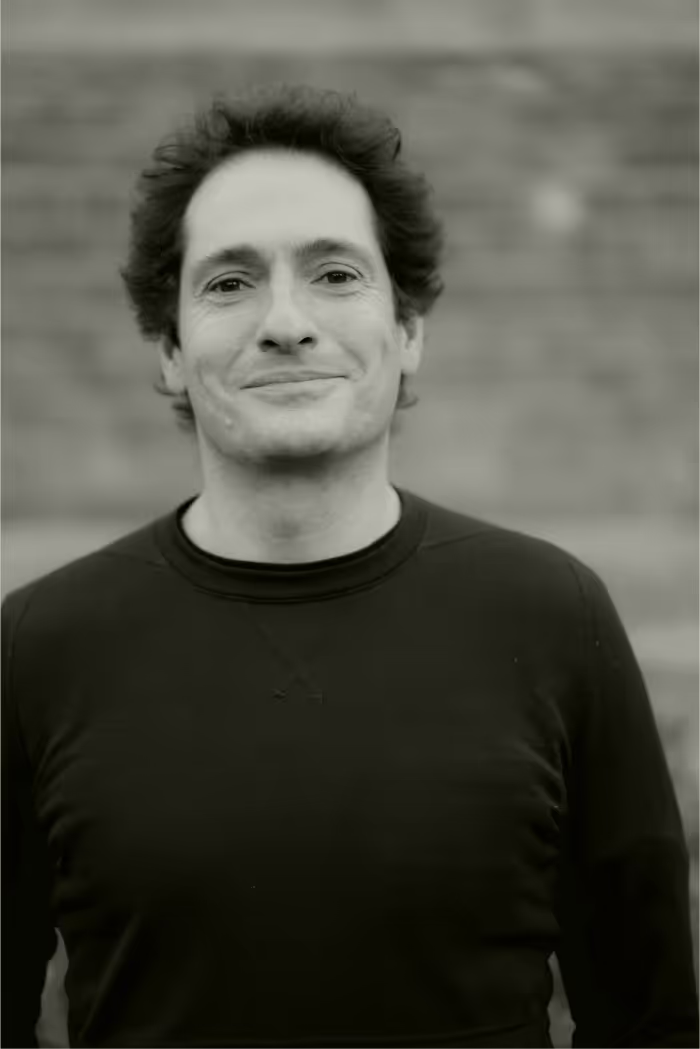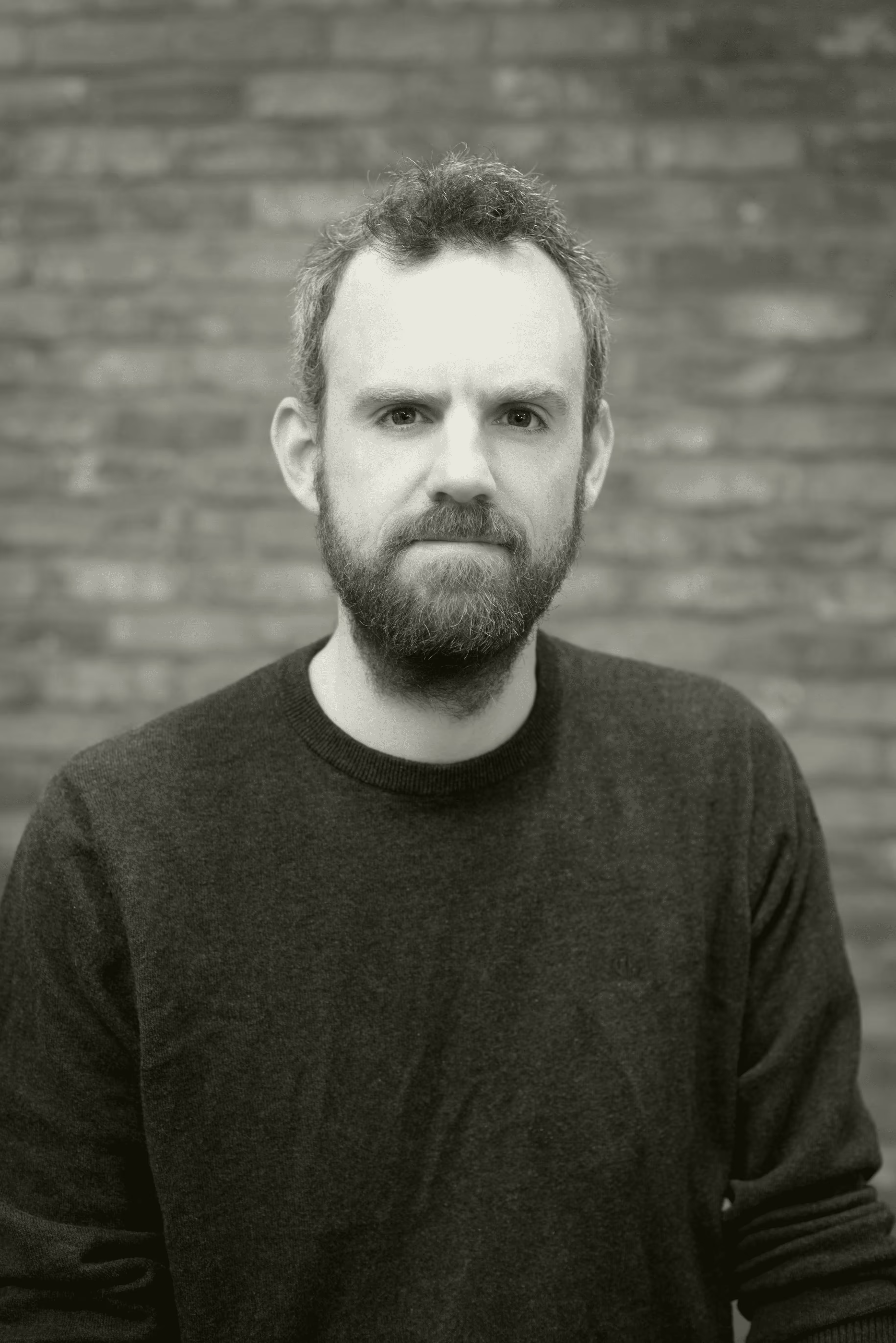The Connect Ventures Thesis
The Connect Ventures Thesis

What it is and why it matters
Connect is a thesis-led venture capital firm. We exist to invest in the best product-led companies in Europe at seed stage. Our investment thesis captures what we believe are the defining ingredients required to create the most valuable product companies. It can be summed up with the following statement:
We invest in opinionated products, crafted with love and loved by many.
Over the last nine years, our thesis has helped guide our investments in product companies such as Typeform, Citymapper, Soldo, TrueLayer, Curve, Kheiron, and Second Nature.
In this post we unpack each part of our thesis statement and describe why it matters to us.
“Opinionated products…”
What we invest in and who builds it.
Opinionated
We love product at Connect, but not all products are created equal. We believe the best products have an opinion.
Peter Thiel’s favourite interview question is: “What important truth do very few people agree with you on?” We like to ask this question of products and the founders who create them. The ‘truth’ is a founder’s point of view or insight on something that is broken or missing in the world. We view great founders as time travellers who have seen the future and come back to the present moment to build it for others. It’s this founder insight that leads to the creation of an opinionated product. The product is the manifestation of the founders’ beliefs and opinions, and the method by which they will transform these into a user experience.
Opinionated is a strong and divisive word. We picked it intentionally. The most important decision a founder makes is what to spend his or her resources on.
Building great software requires focus and prioritisation. It is about saying “no” to everything that doesn’t matter so that you can say “yes” to the very few things that do.
It is about having the discipline to identify users’ biggest pains and to focus exclusively on solving them. It is about having the courage to make product choices that singularly focus on solving an existing problem in a bold and superior way.
We believe that armed with a strong opinion, founders increase their chances of building a product people will love while maximising the ROI of their most precious resource: time. We’ve seen this opinionated and disciplined approach come to life in our portfolio time and time again:
- Citymapper: Mapping isn’t about telling you where you are, it’s about getting you where you want to go.
- Typeform: Forms are designed for offline data collection and create a terrible online experience. In a digital world, asking one question at a time turns forms into engaging conversations.
- SecondNature: The most effective way for people to live healthy lives is to make science-backed habits second nature through a structured system of education, community, and expert support.
- Kheiron: The future of cancer detection is radiologists augmented by an AI-based workflow solution.
- Soldo: Corporate spending is now digital and the only way to manage this spend is to be embedded real-time at the point of transaction.
Products
When we say ‘product’, we mean software product. We don’t mean hardware, physical products, e-commerce, content, or tech-enabled services.
A purist’s definition of product is where the entire value proposition to the end user is in the software layer itself.
Not all Connect companies are pure product companies, but they’re all companies where the key value driver and primary user interaction is (or will become) a digital product experience.
We’re in the business of investing in outlier companies — those with the potential to create impact on a massive scale. We strongly believe that software is the best medium to achieve this. The zero marginal cost characteristics of software allows companies to scale rapidly, globally, and sustainably.
We care about product because software is scalable, high-margin, constantly improving, and it is the only part of a company that every user will experience, making it the company’s highest point of leverage.
“…crafted with love…”
How and why they do it.
Crafted
Using a great product is magic, but crafting one is not.
In our view, the best product founders are part artist, part scientist, and the best products are works of art built with rigorous methodology.
While the product is ultimately shipped by a team, it generally starts with a founder’s artisanal approach and design mindset. When product founders approach a problem for the first time, they see it with fresh eyes and come up with a new awesome way to improve or solve it. Their solution creates new opportunities, becomes a joy to use, revolutionises the user experience or just sucks less.
But we are mindful that, similar to outlier venture returns, there are no overnight successes in product. We think Kate Sanborn* would agree that a great product is “1% inspiration, 99% perspiration.” It’s a skill and requires knowledge, experience, education, and rigour. We care about the craft that founders bring to product development because the combination of art, skill, and process creates consistent excellence and compounding returns.
With Love
Craft is how a founder builds a product; love is why they do it. We divide this love into three parts:
- Love for the problem: founders genuinely enjoy spending time with the problem — reading about it, using alternative solutions, speaking to others, and understanding what works and what doesn’t.
- Love for users: founders put users at the centre of the product design process, have great empathy for them, care deeply about their experience, and genuinely want to solve a problem for them.
- Love for product: product thinking is part of the organisation’s DNA. It drives the team’s beliefs, culture, and decision making. A product-first mindset is used to approach every organisational problem: what’s the hypothesis? How can we test, learn and iterate? What’s the minimum viable approach? How does this scale?
We care about founder love because it’s the ingredient that ensures the company will always build a world-class product that solves a genuine problem for their users.
Founders know that a product-led company is never finished because problems, users, and technology change, simultaneously creating obsolescence and opportunity.
“…loved by many.”
The quality of what they do and the size of the opportunity.
Loved
No matter how opinionated or made with love a product is, it’s nothing without its users — and users aren’t worth anything in the long run without love.
Users obsess about their favourite products. They take the time (unprompted) to tell their friends about them. They write love notes on Twitter and Product Hunt. They add them to their home screen. They get pissed off when the product doesn’t work. And they have expectations about what features should come next. If users are neutral or indifferent towards a product, they don’t do any of these things.
As you might expect from a venture capitalist, we’ve turned love into a set of numbers. User love — how much value or enjoyment a user derives from the product — can be measured with metrics like activation, retention, DAU/MAU, referral rate, NPS, conversion to paid and ARPA. Depending on the category a product is in, it’s possible to create a set of KPIs that tell you whether the product you’ve built is truly loved by its users.
We care about user love because without highly engaged users and stellar business KPIs, a product is either a solution looking for a problem or a poor solution to a user problem.
The only test that matters for an ‘opinionated product crafted with love’ is whether users actually love it.
This user love creates a powerful product flywheel that is very difficult to beat or replicate once in motion.
By Many
By many means scale. We’re in the business of backing outlier companies. The companies we back only lead to venture scale returns if the market categories they are addressing are large or growing rapidly. We also enjoy working with companies that make a big impact on the world. We started Connect to back companies that help create the world we want to live in, and it’s hard to change the world without scale.
We care about a product being loved by many because without scale, you can’t create venture scale returns and you can’t make a significant positive impact on the world.
Summary
At Connect, we consider product companies to be the best route, and the most capital-efficient method, to achieve long-lasting impact on a massive scale. Our investment thesis describes the characteristics we believe define the strongest product companies. We use this thesis as the lens through which we assess companies and make investment decisions.
Our thesis is not intended to be a complete set of sufficient conditions for success. There are many other attributes needed for an investment to go from a seed stage company to a sustainable enterprise, but many of those attributes are the same regardless of the type of company. What’s more, we don’t make investment decisions on the basis that every company will (or needs to) have these attributes nailed down at seed stage — we believe in a founder’s ability to learn and build these capabilities over time.
Our thesis has evolved, and will continue to evolve, using our best teachers — the founders we back — as our guides. The constant in its evolution is it encapsulates our beliefs about the defining ingredients required to create the most valuable product companies. In future blog posts, we’ll dig into how we evaluate companies against this thesis and why we have a thesis at all. Stay tuned!



